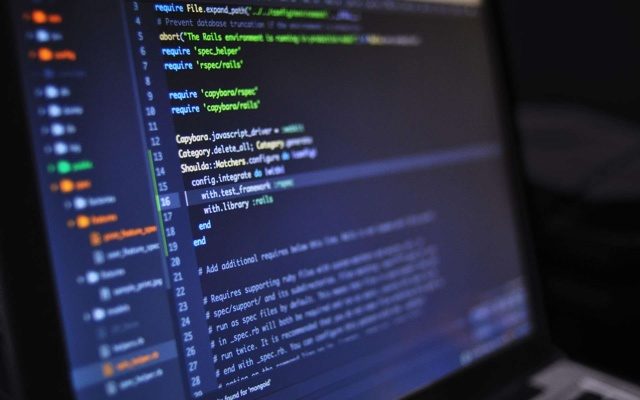Website owners often require programmers to modify their websites and databases. They need to hire programmers to make changes to their websites and databases. Most website owners can’t afford security software to protect their data during modification phase because most of them are working on their own. Suppose you want to hire a programmer to modify an existing website on localhost. You might have to give him access to database filled with user information. So, you wouldn’t want him to get a copy of your database via Pendrive or via Internet. You can easily protect sensitive information from stealing via removable drive or via internet. Protecting locally hosted data from stealing is not as difficult as you might think. Here are the steps for protecting locally hosted data from stealing.
Protecting locally hosted data from stealing via pen drive or through internet access
1. Make sure that your workstation have two accounts, one for Admin, and one for Guests. Allow your program to have access only to Guest account.
2. Make sure that the Guests account user don’t have access to internet. You may want to use the Group Policy Editor to create new group and apply the policy. Or you may just disable internet (Disconnect, power off the router, or delete your Wi-Fi password. Also make sure that the programmer leaves his mobile phone or similar other electronic devices outside the room where the workstation is located, so he can’t have access to internet via mobile hotspot or other technologies. Leaving his phone outside, will also ensure that he can’t take snaps of important data stored in your computer).
3. Make sure that he can’t copy any files using your computer’s USB ports. To disable all your USB ports you’ll need to change USB registry. To make change to any of your computer registry do this:
1. Go to ‘Run’ then write ‘regedit’ in the text input field and hit ‘Enter’.
2. In the registry window that opens, expand HKEY_LOCAL_MACHINE. Then expand system. From there, expand CurrentControlSet, then Services and then search for ‘USBSTOR’ menu. Don’t expand that menu. Just click on it.
3. You’ll see some texts on the right side. Find ‘start’, right click on it and then click modify.
4. In ‘value data’ section, change ‘3’ to ‘4’. This will disable all your USB ports.
After this, none can steal data from your computer through your computer’s USB ports.
When you want to re-enable your USB drives, repeat steps 1 to 3, then in step 4, change 4 back to 3. This will enable your USB ports again.
5. If your programmer requires internet connection for researching, you can make sure that he doesn’t do anything suspicious by installing IP cameras with a clear view of the computer screen.
Deny access to an entire partition of your hard drive
Changing the security status of your partitions to deny access to your private information stored in your hard drive. Do as follows:
a. Right click on the partition that contains sensitive files or files those you don’t want to share with anyone.
b. Click ‘Properties’ and Click on ‘Security’. Then click on ‘Edit’. In ‘full control function’ click ‘Deny’ and come out from there clicking OK. It should make the partition inaccessible.
To access the partition again go to ‘Properties’, then ‘Security’, then click ‘Advanced’ and then choose ‘any administrative method’ and then click OK. Click ‘Continue’. The section from where you can remove the tick for ‘deny’ option will now appear. Click ‘Allow’ on full control function and then return from there clicking OK.
I hope this article helps millions of one-man internet enterprises to protect sensitive information belonging to their websites.
